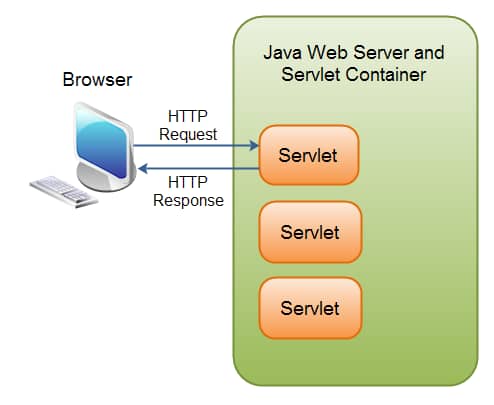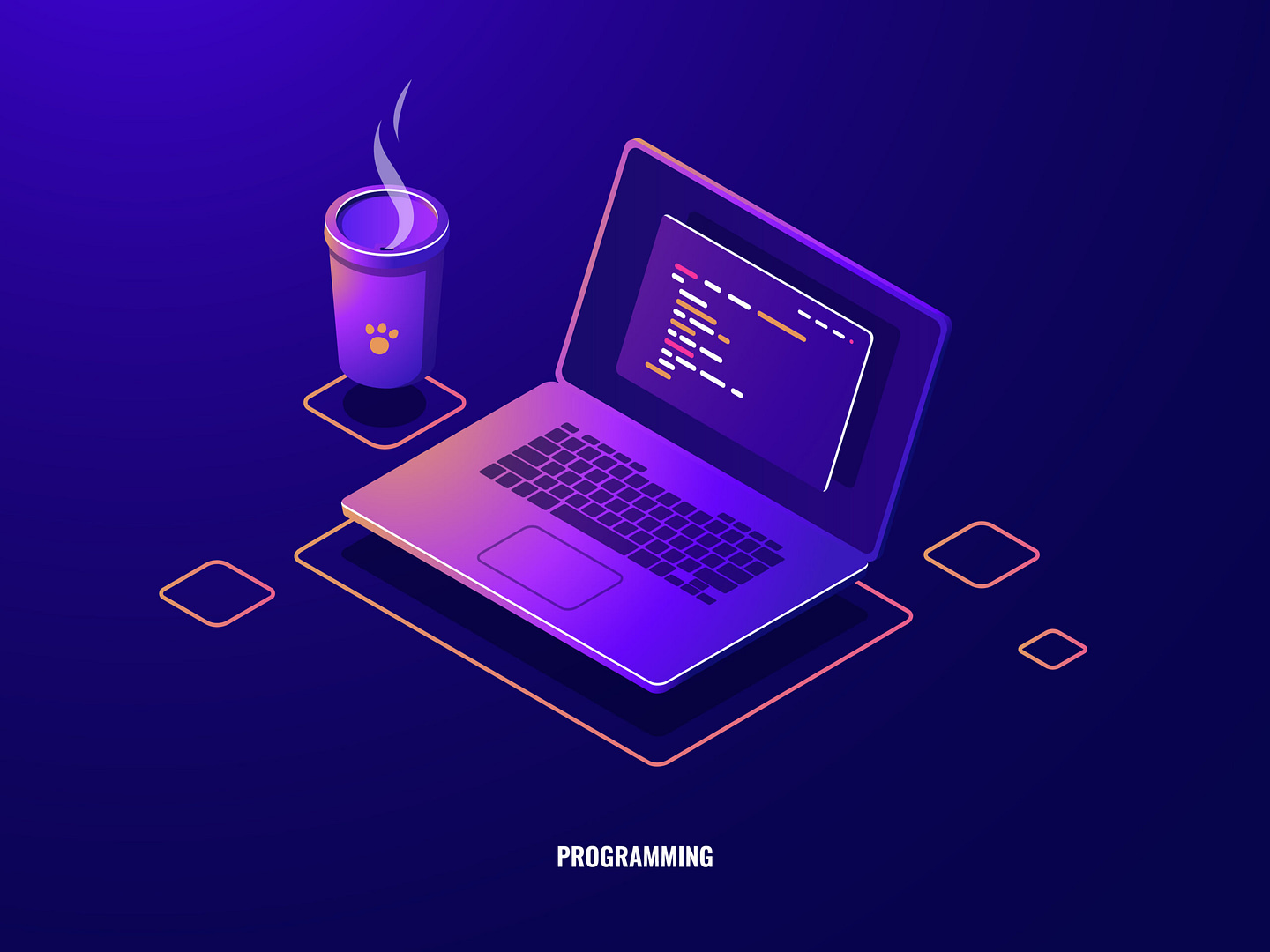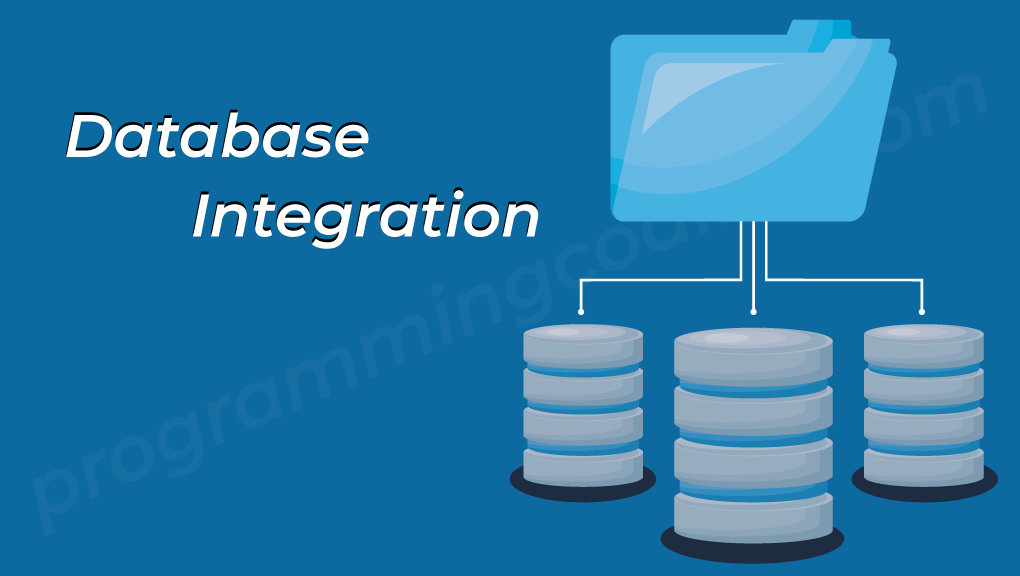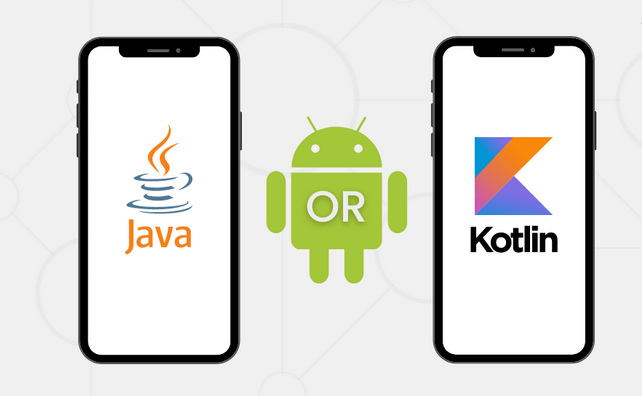
Blog Articles
Amadeus Airline Fare Families Shopping Flow
Table of Contents
Introduction
Amadeus, through its Flight Search API, streamlines fare selection by organizing fares into Airline Fare Families, tailored to airline-specific criteria and airfare features. These fare categories offer various perks like priority boarding, extra baggage allowances, and seat selection. Amadeus, with its custom financial software development, empowers airlines to efficiently manage and categorize their fare structures.
Fare Families can further enhance your travel experience by allowing you to upgrade to a higher class with additional benefits. Whether you’re booking via an iOS mobile app developed by Amadeus or a website, understanding the airline’s Fare Families can guide you in making informed choices and optimizing your journey.

FLIGHT SEARCH API
The Amadeus Flight Offers Search API is part of an extensive catalog of SOAP/XML APIs provided by Amadeus, a leader in custom financial software development for the travel industry. These APIs, including the API for Fare_MasterPricerTravelBoardSearch, are used by leading brands in the travel industry and offer in-depth content and value-add features. Amadeus leverages its expertise in software development for healthcare, healthcare custom software development, and cross-platform mobile app development services to power this API.
Fare_MasterPricerTravelBoardSearch
The Amadeus API Fare_MasterPricerTravelBoardSearch is a low fare search engine that allows developers to retrieve the best price for flights based on the latest Master Pricer technology.
This API is part of the Amadeus travel APIs that power some of the biggest names in the travel industry. Here are some key points about the Fare_MasterPricerTravelBoardSearch API:
The Fare_MasterPricerTravelBoardSearch API is used to search for flights and retrieve pricing information based on a variety of search criteria, such as origin and destination airports, travel dates, and number of passengers.
- This is the low fare search engine Amadeus uses to retrieve the best price for flights, based on their latest Master Pricer TravelBoard technology.
- Airline Fare Family information in Master Pricer’s replies can be activated by an internal Amadeus parameter at the Office ID level and triggered by an input option (FFI) with three values: 1, 2, or 3.
1: Only Fare Family name at Fare component level is returned.
2: Fare Family name at Fare component level and resulting Fare Family name at requested segment level are returned.
3: Fare Family name at Fare component level, resulting Fare Family name at requested segment level, and the list of services are returned.
API request parameters:
The request parameters are the same as the normal shopping flow requests. Just update the fareOptions tag to retrieve the Fare Families information.

API Request :
Click Here to view the full code
API Response parameters:
The Fare_MasterPricerTravelBoardSearch response for Fare Family includes the following information for each fare family:
- refNumber: A reference number for the fare family.
- fareFamilyname: The name of the fare family.
- description: A description of the fare family.
- carrier: The airline carrier associated with the fare family.
- services: A list of services associated with the fare family, including a reference number and status. The status can be “INC” for included services or “CHA” for charged services.
- recommendation:A flight recommendation that matches the search criteria.
- segmentFlightRef: Specifies the segment flight reference for the recommendation.
API Response:
Click here to view the full code

PRICE APIs
Fare_PriceUpsellWithoutPNR API:
The Amadeus Fare_PriceUpsellWithoutPNR API is a crucial tool for custom financial software development in the travel industry. It is used to request the best price for an itinerary without having to create the corresponding Passenger Name Record (PNR).
This API allows users to retrieve the best available fares for a given itinerary, along with additional upsell options such as seat selection, baggage allowance, and other ancillary services. Our software development company specializes in offering software development services for the travel industry, including travel software development, cross-platform mobile app development services, and custom API development.
We excel in providing tailored solutions to enhance the financial and healthcare aspects of your business, making us a top choice for custom software development.
API request parameters:
- segmentGroup: Specifies the segment group for the request, including the flight date, board point details, off point details, company details, flight identification, flight type details, and item number.
- The <pricingOptionGroup> and <pricingOptionKey> elements are used in the Amadeus IntegratedPricing API to specify pricing options for a given itinerary. Here’s some information about these elements:
- <pricingOptionGroup>: This element groups together one or more <pricingOptionKey> elements to specify a set of pricing options for the itinerary.
- <pricingOptionKey>: This element specifies a pricing option for the itinerary. The value of the element is a code that identifies the pricing option. For example, the code “
FFH” can be used to specify a Fare Family pricing option. - FFH indicator :- It is possible to use the pricing option FFH in the upsell panel query to retrieve only homogeneous recommendations for the fare components (i.e. same airline and AFF), and to provide the same level of services for a traveler’s complete itinerary.
API Request :
Click here to view the full code
API Response parameters:
The <fareList> element is a part of the Fare_PriceUpsellWithoutPNR Amadeus API, which allows you to specify a list of fares with Fare Family for a given itinerary without creating the corresponding Passenger Name Record (PNR).
Information about the elements within the <fareList> element.
- <validatingCarrier>: This element specifies the airline carrier that validates the fare. The
<carrierCode>element within<carrierInformation>specifies the code for the validating carrier. In the example provided, the validating carrier is “BA” (British Airways). - <paxSegReference>: This element specifies the passenger and segment reference for the fare. The
<refDetails>element within<paxSegReference>specifies the reference qualifier (PA for passenger) and reference number (1) for the fare. - <fareDataInformation>: This element provides information about the fare, including the fare data qualifier, fare amount, and fare currency.
- <fareDataMainInformation>: This element provides the main information about the fare, including the fare data qualifier.
- <fareDataSupInformation>: This element provides supplementary information about the fare, including the fare data qualifier, fare amount, and fare currency.
- <segmentInformation>: This element provides information about the flight segment, including the cabin group, validity information, baggage allowance information, and segment reference.
- <connexInformation>: This element provides information about the connection, including the connection type.
- <segDetails>: This element provides details about the flight segment, including the identification and class of service.
- <fareQualifier>: This element provides information about the fare qualifier, including the primary code, fare basis code, and discount ticket designator.
- <cabinGroup>: This element provides information about the cabin group, including the cabin segment and booking class details.
- <validityInformation>: This element provides information about the validity of the fare, including the business semantics and date/time.
- <bagAllowanceInformation>: This element provides information about the baggage allowance, including the baggage quantity and baggage type.
- <segmentReference>: This element provides information about the segment reference, including the reference qualifier and reference number.
- <sequenceInformation>: This element provides information about the sequence of the segment, including the sequence section and sequence number.
- <fareFamilyDetails>: This tag provides the fare family details for the fare component, including the fare family name and hierarchy.
- <fareFamilyOwner>: This tag provides the company identification for the fare family owner.
API Response:
Click here to view the full code
Fare_GetFareFamilyDescription API
The Fare_GetFareFamilyDescription Amadeus API is an integral component for airlines, travel agencies, and booking platforms. It serves the purpose of retrieving comprehensive descriptions for fare families. Fare families are an essential aspect of the airline industry, as they group together various fares that offer different levels of service and amenities to passengers.
Airlines design these fare families to meet diverse passenger preferences and needs. Whether travelers are looking for economy class affordability or seeking premium services like business or first class, fare families help them make informed choices. The Fare_GetFareFamilyDescription API provides detailed insights into each fare family, including information about seat options, baggage allowances, in-flight services, and any other amenities associated with a particular fare.
- This API allows users to retrieve descriptions of fare families, which can help them understand the differences between different fares and make more informed booking decisions.
- The API uses a SOAP-based interface and requires an Amadeus system user to authenticate before making requests.
- To use the API, users can send a request with the selected fare family cod) and an optional language code, and the API will return a response with the fare family description in the specified language.
API request parameters:
The <Fare_GetFareFamilyDescription> tag is used in the Amadeus Fare_GetFareFamilyDescription API to specify a request for fare family descriptions. Here’s some information about the tags within this request:
- <standaloneDescriptionRequest>: This tag groups together the fare information, itinerary information, and carrier information for the request.
- <fareInformation>: This tag specifies the fare information for the request, including the fare qualifier and rate category. In the example, the fare qualifier is FF (Fare Family) and the rate category is BAG (Baggage).
- <discountDetails>: This tag provides additional details about the fare, such as any discounts applied.
- <rateCategory>: This tag specifies the rate category for the fare.
- <itineraryInformation>: This tag specifies the itinerary information for the request, including the origin and destination airports. In the example, the origin is LHR (London Heathrow) and the destination is JNB (Johannesburg).
- <carrierInformation>: This tag specifies the carrier information for the request, including the company identification. In the example, the company identification is BA (British Airways).
- <companyIdentification>: This tag specifies the company identification for the carrier.
API Request:
Click here to view the full code
API Response parameters:
The tags <fareFamilyDescriptionGroup>, <fareInformation>, <carrierInformation>, <freeFlowDescription>, <ocFeeInformation>, and <errorInformationFareFamily> are used in the response of the Fare_GetFareFamilyDescription Amadeus API to provide information about a specific fare family. Here’s a breakdown of the tags and their meanings:
- <fareFamilyDescriptionGroup>: This tag groups together all the elements that provide information about the fare family.
- <fareInformation>: This tag provides information about the fare family’s discount details, such as the rate category.
- <carrierInformation>: This tag specifies the company that owns the fare family.
- <freeFlowDescription>: This tag provides a free-text description of the fare family, which can include information about the fare family’s level of service and amenities.
- <ocFeeInformation>: This tag provides information about any fees associated with the fare family, such as baggage fees.
- <errorInformationFareFamily>: This tag provides information about any errors or warnings associated with the fare family, such as a warning that not all services may be delivered due to a codeshare flight or interline itinerary.
API Response:
Click here to view the full code

Get a Fast Estimate on Your Software Development Project
We are committed to delivering high-quality IT solutions tailored to meet the unique needs of our clients. As part of our commitment to transparency and excellence, we provide detailed project estimations to help our clients understand the scope, timeline, and budget associated with their IT initiatives.
Related Posts:









